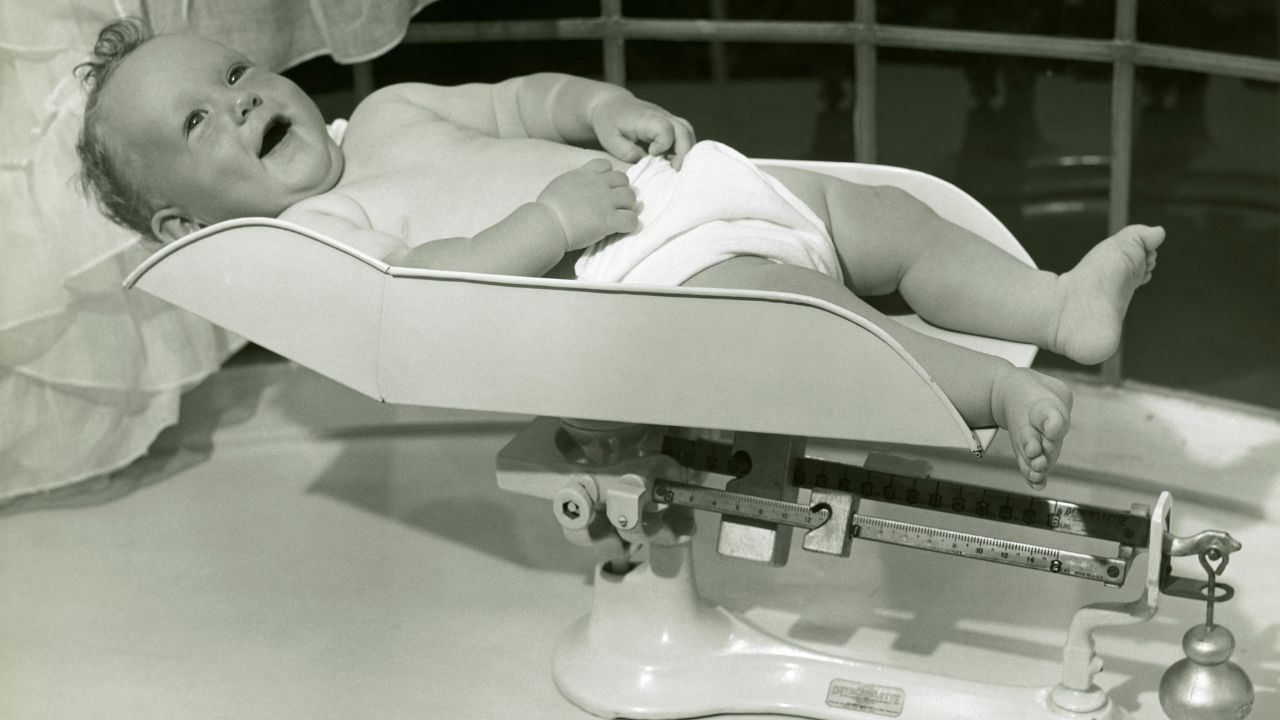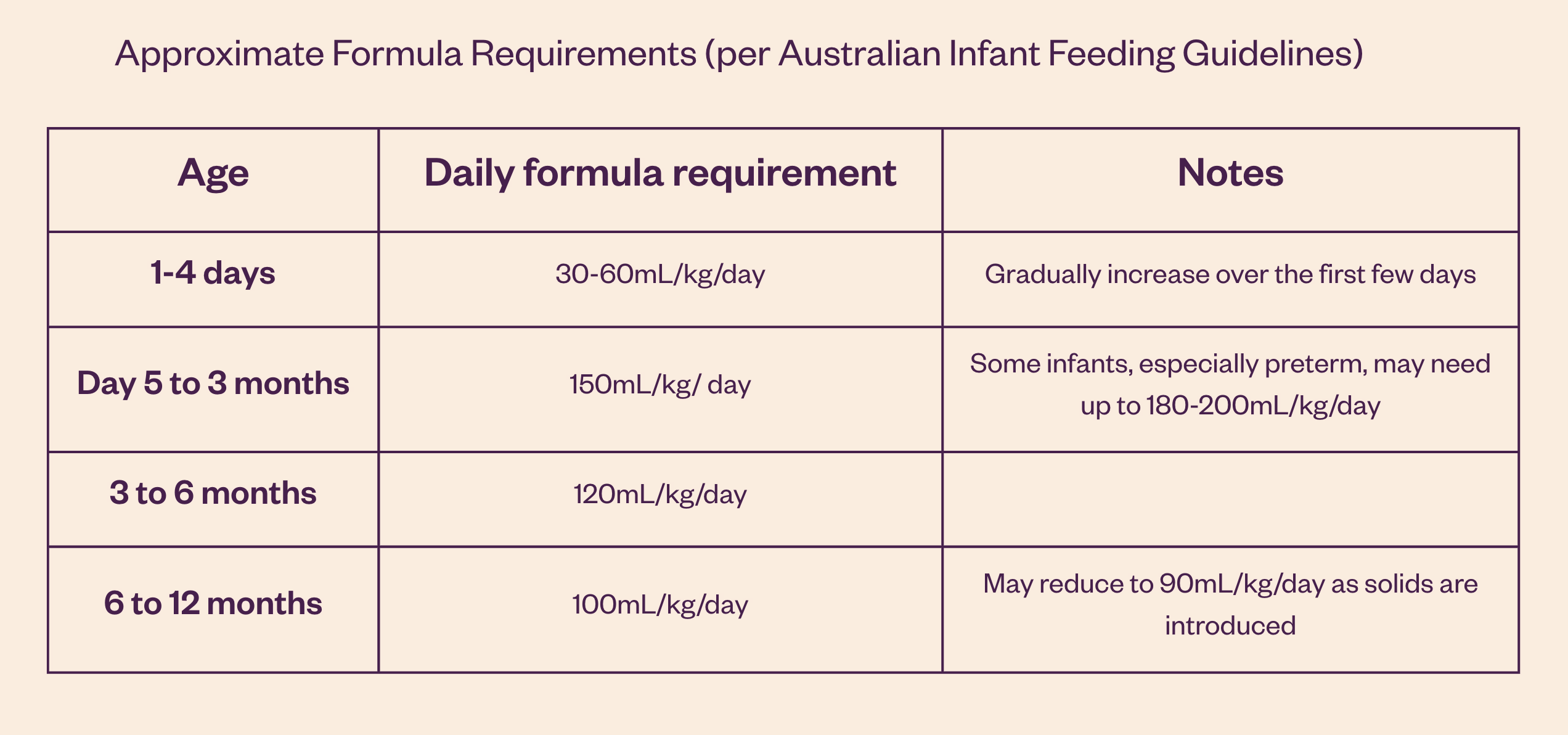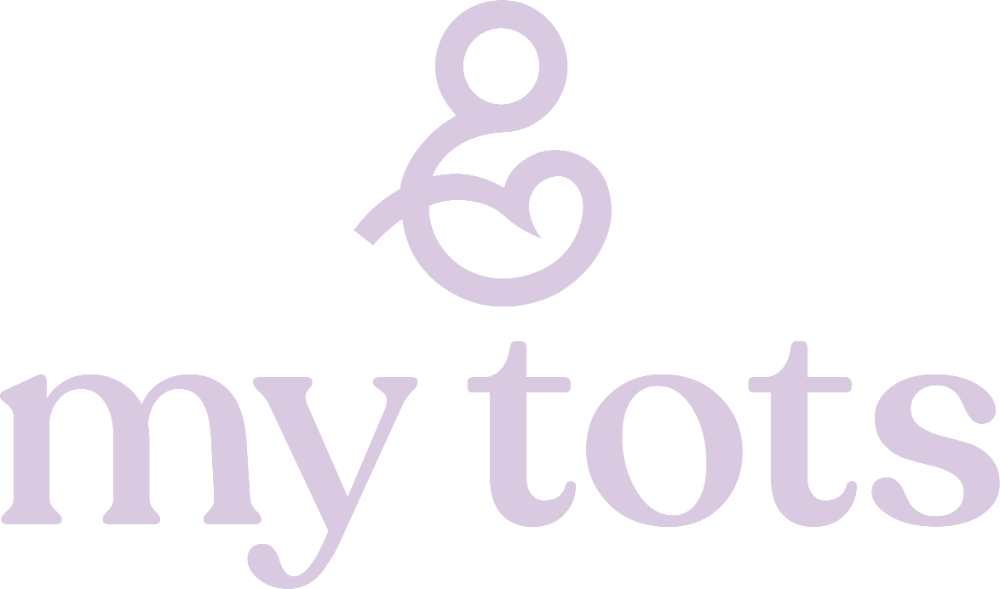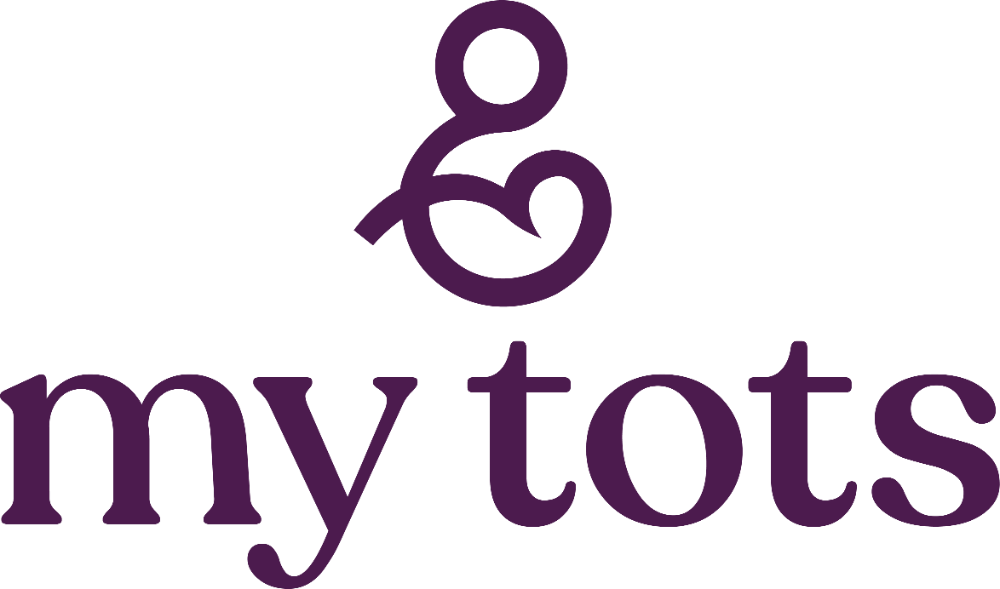How Much Formula Does My Baby Need?
Jul 16, 2025
This guide explains how to recognise if your baby is getting enough milk, estimates typical formula requirements, and outlines what healthy weight gain usually looks like.
While feeding guidelines can be helpful, it’s important to take a responsive (also known as on-demand) feeding approach — always follow your baby’s cues. This means offering milk when they show signs of hunger, stopping when they’ve had enough, and never forcing them to finish a bottle. For more on responsive feeding, see our separate article how to bottle feed here.
Signs Your Baby Is Getting Enough Milk
✔️ At least 5 heavy, wet nappies per day (pale yellow or colourless urine)
✔️ Steady, consistent healthy weight gain
✔️ Active, alert, and generally content between feeds
Formula Feeding: How Much Does My Baby Need?
The following feeding recommendations are for babies who are exclusively formula-fed.
Every baby is different, and the feeding guides found on formula tins are just that — a guide. Your baby may need more or less milk depending on factors like growth spurts, teething, or illness. Use these guidelines as a starting point, then adjust according to your baby’s individual needs and responsive feeding cues.

To calculate your baby’s daily formula needs:
-
Find your baby’s weight in kilograms (kg)
-
Multiply by the recommended mL/kg for their age
-
Divide the total by the number of feeds per day to estimate the amount per feed
Weight Gain: What’s Normal?
Healthy weight gain is one of the clearest signs that your baby is feeding well. Growth is usually tracked using a growth chart during health check-ups.

Note: It’s common for babies to lose some birth weight in the first week. However, they should regain it within 2 weeks.
Keeping Track
If feeding is going smoothly, you likely don’t need to track every feed.
That said, keeping a simple log can be helpful in the early weeks as you get to know your baby, or if you have any concerns about feeding, nappies, or growth. It can help you spot patterns and may offer useful insights during check-ups, where your healthcare provider will monitor your baby’s weight and development.
When to Seek Help
If you’re ever concerned about your baby’s feeding, weight gain, or hydration, reach out to your healthcare professional. And bring along any notes you've made to help inform the discussion.

